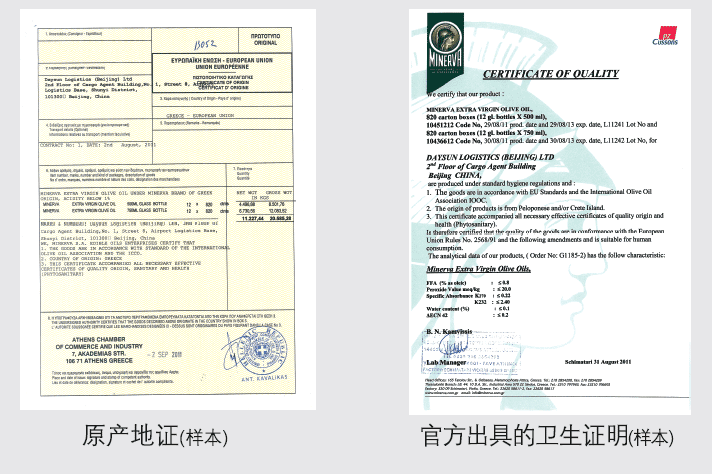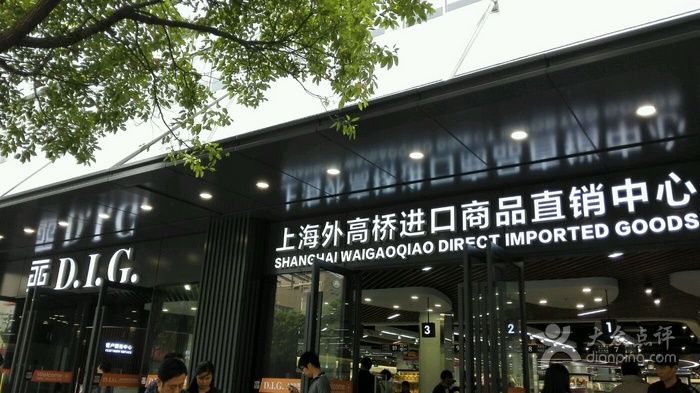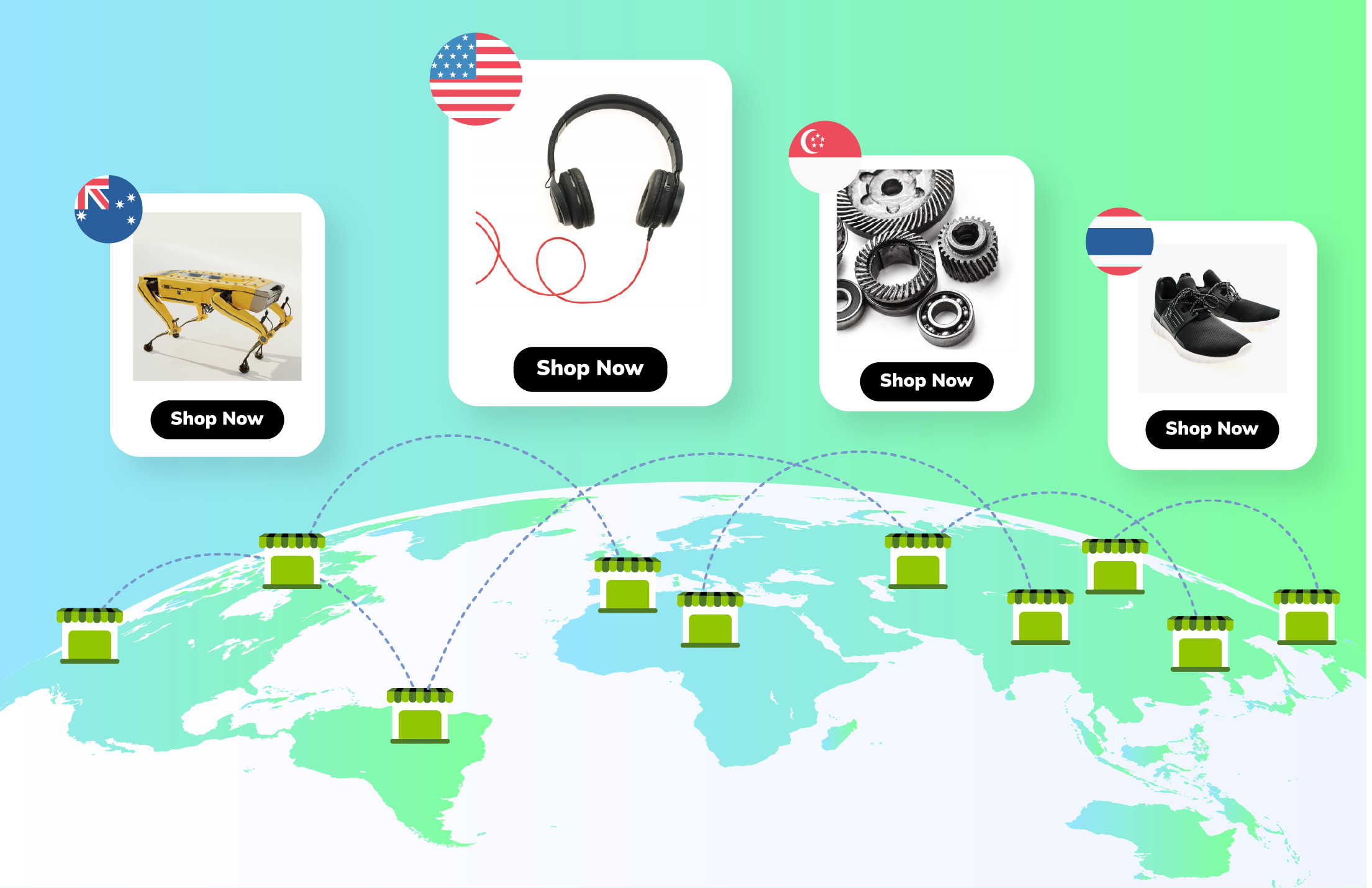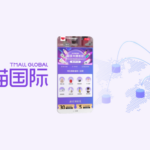To all the cross border eCommerce retailers in China, the new tax policies for cross-border eCommerce retail imports announced last month brought mixed feelings since it raised import tariffs and set a limitation on imported goods via eCommerce. On May 20th, good news came in, finally: parts of the new regulation will be postponed for a year.
To be more specific, customs clearance certificates for imported goods can be exempted until many 10th, 2017. This 1-year delay policy will affect 10 cross-border eCommerce pilot cities, including Shanghai, Chongqing, Hangzhou, Ningbo, Zhengzhou, Guangzhou, Shenzhen, Tianjin, Fuzhou, and Pingtan.

Customs clearance certificate is delayed.
Among all the new tax policies for cross-border eCommerce retail imports, the most controversial one is that for every imported good, the clearance certificate is essential to enter the bonded zones in China.
Customs clearance certificate, or “Customs Clearance of Entry Commodities”, requires documents like Original invoice, quarantine inspection report, guarantee slip, etc. Most cross-border retailers stock goods from distributors overseas, making it impossible to prepare for this clearance certificate. The new policy addressed that one cannot sell their goods without the certificate, even though they’re already stocked in the B2C Online Retailer: How Do You Want Your Products Export to China?What's the must-know thing in "export to China"? How does the cross-border eCommerce model work, especially in terms of logistics?bonded zone. With that being said, this sudden policy will put many cross border eCommerce out of business.

Example of Customs clearance Certificate
Luckily, China government has now put 1-year probation on this rule. Cross border eCommerce can still sell their products, and now they have more time to prepare for the documents needed and make adjustments according to the new policies.
No change on tax yet
Nothing related to taxation policy has been mentioned in the adjustments. The biggest change in the tax policies will still stay valid, such as imported value-added tax & consumption tax instead of the parcel tax.
Data shows that after the new cross border eCommerce tax policy was announced, the cross-border eCommerce orders in Ningbo, Hangzhou, and Shenzhen have dropped 62%, 65%, and 61%, respectively.
China is discovering the best approach
In fact, it's the third adjustment for the new restrictions on cross-border imports in the past month. Earlier, authorities did some fine-tuning in importing goods for the first time, then the second batch of "positive list" was unveiled to cover more commodities.

All the signs are pointing to the fact: China government supports crossing border eCommerce, and the authority is still discovering the best approach to tax reform with cross-border eCommerce retailers. A new policy for cross border eCommerce was adopted too hastily. The country realized it, and it is taking a soft method to let enterprise adapt it.
What could be the next? It is estimated that the new version of the “positive list” will come up soon, which deliver a more clear description of all the imported products.
Overall, the government is trying to minimize the new tax policies' damage and make sure every business can have a smooth transition.
You May Also Like:
B2C Online Retailer: How Do You Want Your Products Export to China?What's the must-know thing in "export to China"? How does the cross-border eCommerce model work, especially in terms of logistics?B2C Online Retailer: How Do You Want Your Products Export to China?
China Cross Border eCommerce In a Glance
Market Overview – Cross Border Import to China












